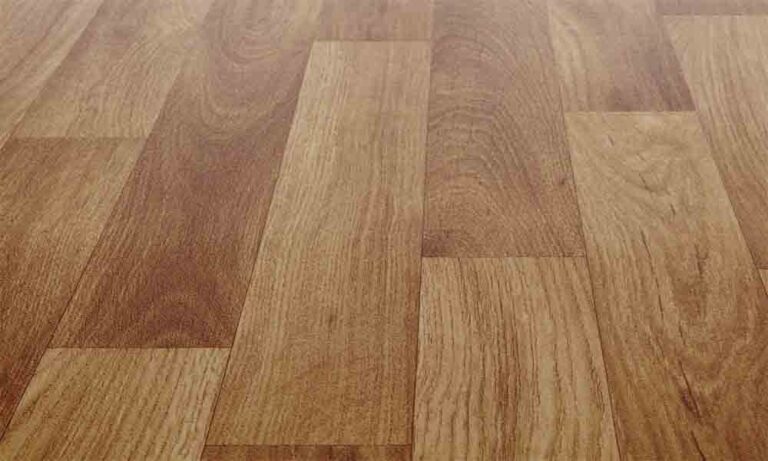PVC flooring is a material that is used for the flooring of many homes. PVC flooring can be made from two types of materials, which are PVC-U and PVC-C. These materials are the same but have different properties, so it is important to know what each one is and how it differs from other types of PVC flooring.
PVC-U flooring or ultra-high molecular weight polyethylene is a type of plastic that has been known since the 1960s when it was first used in plumbing pipes and fittings. It is a thin film that comes in a variety of colors and patterns, which makes it appealing to homeowners who want to match their floors with their furniture or decorations. Because this plastic has so many uses, it has become popular among homeowners who want to make their homes look more beautiful while saving money on maintenance costs over time.
PVC-C or chlorinated polyvinyl chloride (CPVC) is another kind of PVC that can be found at most hardware stores today if you are looking for a cheap alternative to PEX tubing for your plumbing needs. This type of material is also used in plumbing fittings but does not have as many uses as its higher-quality counterpart.
Get to know about the advantages of PVC flooring!
PVC flooring is a kind of flooring material that is widely used in the market. It is made from polyvinyl chloride (PVC), which is a plastic material. It has high chemical resistance, good insulation properties, and outstanding flexibility. PVC flooring is the most common material used for a variety of applications. It is easy to install, versatile and affordable. PVC flooring can be used as an alternative to wood and vinyl as well as being an excellent choice for indoor applications like kitchens and bathrooms. The advantages of PVC flooring are given below:
- High strength and toughness: The PVC flooring can withstand heavy loads and high temperatures with little damage because it has high mechanical strength and low density. The chemical resistance of PVC flooring is better than other materials such as ceramic or concrete;
- Good moisture absorption performance: The thickness of PVC flooring ranges from 0.5mm to 2mm, so it can absorb water quickly and release it slowly;
- Excellent anti-slip performance: When installed on floors with different degrees of slip resistance, PVC flooring provides excellent anti-slip performance;
- Excellent fire resistance: Since PVC is a natural plastic material, it does not produce any toxic gas during combustion;
- Low cost: The raw materials used to make PVC are cheap, but its production cost is higher than other materials because more complicated equipment is needed for processing.
Why PVC is also known as polyvinyl chloride?
PVC is also known as polyvinyl chloride and it has been used by many manufacturers for years now. The material can be found in many different shapes and sizes, but one of its main advantages is that it can be easily installed on almost any surface. In addition, this material does not need any maintenance, which makes it a perfect choice for those who want their homes to look beautiful at all times.


Comments are closed.